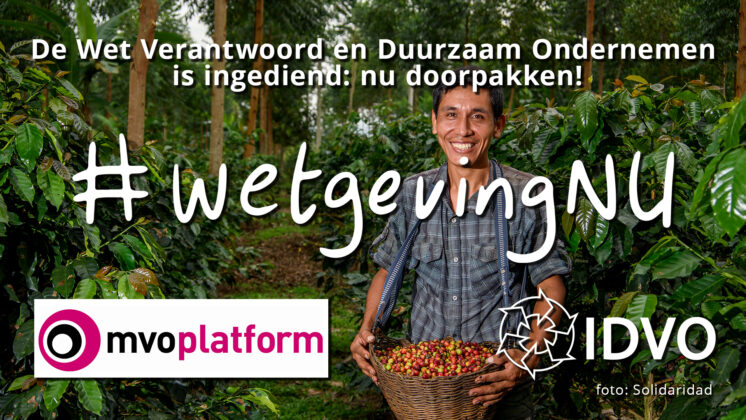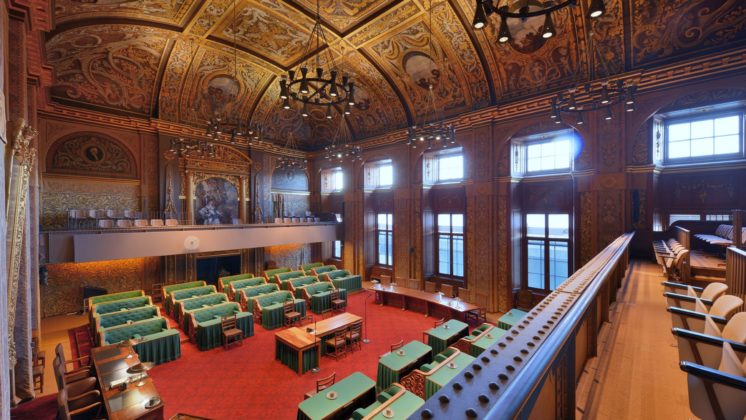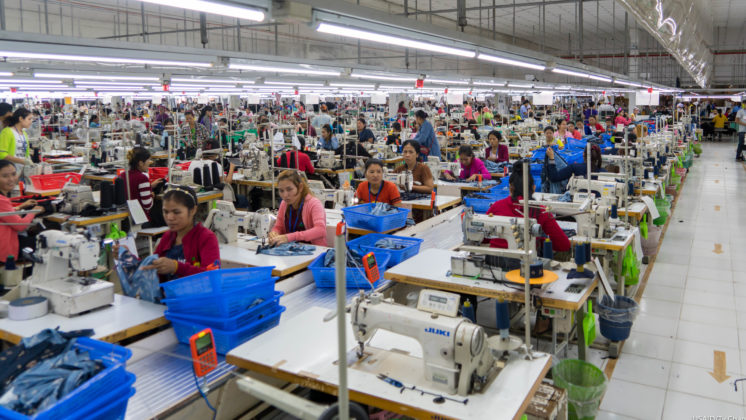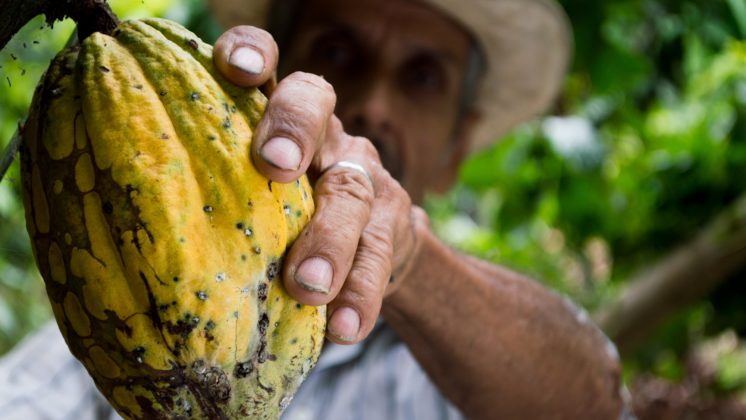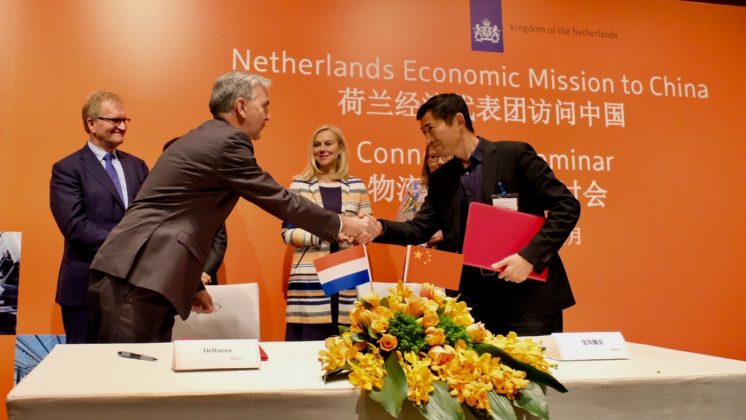From drawing pin to overpass and from usb stick tot lamppost: in two years all purchases of the government have to be produced in an environmentally friendly and fair manner.
Gerard Oonk of Dutch MVO Platform reaches despairingly to his head when he thinks about the letter of minister Donner of Social Affairs. So much ignorance and syrupiness. "That irritates me." Still, his question was crystal clear: why has his ministry only paid attention to the costs with the de mega-order of seventy million Euro for software and computers? The government trumpets after all that in 2010 all government purchases – with a value of over forty billion Euro a year- should be sustainable. That means produced environmentally friendly and under decent circumstances.
But in his answer Donner pretends as if his nose was bleeding. Nobody knows exactly what sustainable is how that should be controlled, he made known. Incomprehensible, finds Oonk who prepares the 'sustainable procurement’ with the ministries. "This was a wonderful opportunity. If it continues like this, we don’t make 2010. And if the government takes the position that it cannot cost anything, sustainable procurement is not realistic."
The ambitious goal of the government to only purchase green and fair in two years, threatens to get stuck in good intentions and bickering. A special think tank of the ministry of Housing, Spatial Planning and the Environment (VROM), Senter Novem, has made a list of eighty 'product groups’ that should satisfy the designation sustainable. Next to energy, catering, buildings and transportation also issues such as children’s day care, naturalisation en detainee care are on the list. But how do you make these sustainable? Until now – in consultation with the business and trade industry – for nine subjects criteria have been made. Cleaning companies that want to clean government buildings should use ‘micro fibre’ cloths and a quarter of all cleaning fluids should be eco-friendly.
Caterers who want to stock canteens, should supply 40 percent organic products and the sandwiches may only be packaged in paper or biodegradable plastic. If not, the tender goes to someone else.
It is even more complicated to put labour conditions next to the sustainability ruler. The think tank bivouacked for this on the heath for nine months to make up criteria, but got stuck in commonalities. Child labour is not done and employees may not be exploited. “Of that I thought: well, that I could have told them like that” Oonk sneers.
For businesses the mega project still delivers a lot of questions. One can imagine something for sustainably grown apples or an organic egg, but what to do with a consultant or lawyer? President Jan Koppens of ONRI, sector organization for consultancy and engineering firms, tripped over the proposition to have commercial service providers spend two and a half percent of their turnover to charity. “What does that have to do with sustainability?” Also the plan that external advisors should travel with public transportation was not well received.
Employers organization VNO-NCW finds that ‘in itself' there is nothing against the government procuring sustainably. “But the concept sustainability remains difficult”, says Hubert van Breemen, specialized in Corporate Social Responsibility. "The government is in too much of a hurry. We should get rid of the idea that in 2010 a hundred percent of all products and services can be sustainable.” According to VNO-NCW it is 'disastrous’ when under time pressure mistakes are being made. Take laser cartridges for printing and copying machines. The government demands refillable cartridges, but according to sector organization ICT Milieu it has not been proved that those are more environmentally friendly. Research of computer company HP would prove that new cartridges are equally responsible. "Those print more efficient and reliable, through which you use less paper and toner", according to Frank Lenderink, environmental manager at HP.
In the mean time also the ministry of VROM expects to need more time to purchase everything sustainably. There are still long term contracts and in 2010 not everything is available sustainably. “We assume that sustainable procurement will also delivers more sustainable products from 2010 onwards, but it is a matter of long breath”, says Wiana Partakusuma, programme director sustainable procurement at VROM.
Another question mark is the price. According to VROM sustainability does not have to be more expensive. Companies doubt whether that is reachable, but Partakusuma makes the comparison with the energy saving light bulb: that is more expensive but lasts longer. "The government forms an enormous purchasing power. If companies with more volume will get sustainable products, prices will decrease.”
Source: BN DeStem
Photo: Rutgher Pruijm / GPD